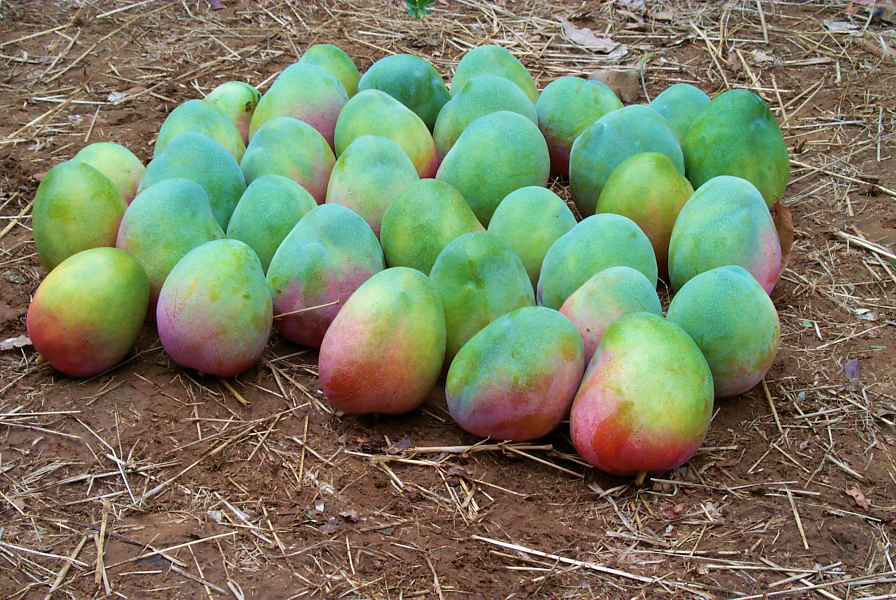
The overall objective of this project was to improve the access of Malian mango in the international markets by strengthening the national SPS application infrastructure.
A result story on the project is available here.
Annual mango production in Mali is estimated at 200 000 tons. Mango is also the most exported product of Mali and one third of it is exported to the European markets. Despite this strong potential, the export sector of mango in Mali has been facing many difficulties in meeting the necessary food safety and quality requirements. As the country is highly dependent on agricultural production in terms of income, it has been focusing lately on improving SPS capacity in fruit and vegetable production. In order to boost market access into regional and international markets, it is essential to enable the SPS compliance.
Technical work sessions brought together different stakeholders in order to analyse legislative texts and standards on mango sector. Following those sessions, national standards and norms have been harmonized with international standards. This process included also the harmonization of the procedures and criteria for assessing the conformity of mangoes and the attribution rules for community mark of conformity with UEMOA standards.
Established National Traceability System of mangoes
Mapping exercise permitted to shape a national traceability system following a comprehensive census of mango orchards in Sikasso and Bougouni. 300 farms and 20 packaging stations set up the traceability system thanks to technical trainings where illustrative traceability kits have been used.
Improved SPS knowledge and capacity in the mango value chain
The main stakeholders of the mango value chain enhanced their capacities on SPS measures. 107 actors in the mango production sector received trainings on the WTO Technical Barriers to Trade (TBT) and SPS Agreements. The national infrastructure for controlling health risks was strengthened through the training of 27 staff members of the National Directorate of Agriculture (DNA) on risk analysis. 20 phytosanitary inspectors also have been trained on the conformity control of exports and imports of mango.
In order to sustain the results of the project, it is essential that the government officials adopt the necessary legislations in line with the regional and international provisions and thereby complement the regulatory framework on SPS. They should also ensure the application of the legislation by setting up concrete implementation actions for the technical control structures.
Expanding the scope of the project
Priorities in the control of phytosanitary risks should be defined further in order to meet the expectations of the actors in the mango sector (e.g. research program or development in the fight against bacterial canker, fruit fly, and termite). The government officials should ensure the training of the accredited auditors in charge of the certification of the orchards, the packaging stations and the processing units.
The professional association of mango should put in place a strategy of phytosanitary treatment of the orchards by adopting a global treatment schedule and by using approved products. Regarding this phytosanitary treatment, it is also recommended to extend the capacity building efforts in the mango industry to different stakeholders including producers, state structures, and research institutions.